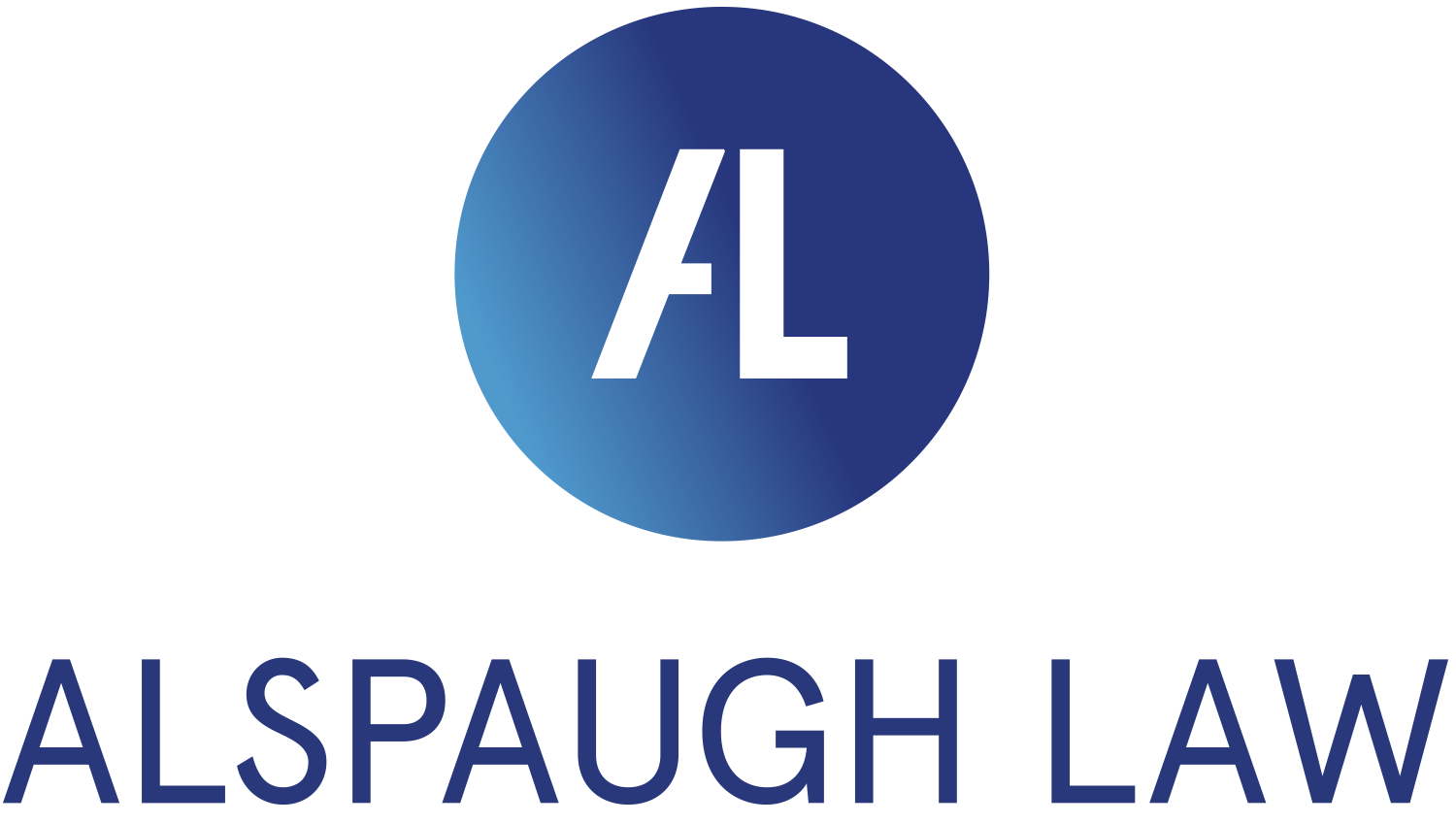dietary supplements
alspaugh law industries
Industries
Patent law differences by industry
Patent law differences by industry
Do you need expert legal advice in the dietary supplement space? Have you received a 483 or FDA Warning Letter? Do you have an issue with mislabeled or misbranded product; manufacturing concerns; processing or packing under unsanitary conditions; importing products that are forbidden for sale; or adulteration/contamination of products?
FDA regulates both finished dietary supplement products and dietary ingredients. FDA regulates dietary supplements under a different set of regulations than those covering “conventional” foods and drug products. Under the Dietary Supplement Health and Education Act of 1994 (DSHEA):
- Manufacturers and distributors of dietary supplements and dietary ingredients are prohibited from marketing products that are adulterated or misbranded. That means that these firms are responsible for evaluating the safety and labeling of their products before marketing to ensure that they meet all the requirements of the Federal Food, Drug, and Cosmetic Act as amended by DSHEA and FDA regulations.
- FDA has the authority to take action against any adulterated or misbranded dietary supplement product after it reaches the market.
The law states that a dietary supplement may bear certain statements on its label or in its labeling
- If the claim(s) meets certain requirements.
- If the entities making the claims have substantiation that such a statement is truthful and not misleading.
- If the standard disclaimer (see § 403(r)(6)(C)) is prominently displayed on the label.
Section 101.93(f) of the Code of Federal Regulations (CFR), Title 21, simply restates part of the definition of the types of claims that may be made under section 403(r)(6) of the Act.
Finally, the notification must be submitted to FDA no later than 30 days after the first marketing of the dietary supplement product.
If you are just starting up, you may be able to take advantage of an FDA exemption.
The Federal Food, Drug, and Cosmetic Act requires packaged foods and dietary supplements to bear nutrition labeling unless they qualify for an exemption (A complete description of the requirements). One exemption, for low-volume products, applies if the person claiming the exemption employs fewer than an average of 100 full-time equivalent employees and fewer than 100,000 units of that product are sold in the United States in a 12-month period. To qualify for this exemption the person must file a notice annually with FDA. Note that low volume products that bear nutrition claims do not qualify for an exemption of this type.
Another type of exemption applies to retailers with annual gross sales of not more than $500,000, or with annual gross sales of foods or dietary supplements to consumers of not more than $50,000. For these exemptions, a notice does not need to be filed with the Food and Drug Administration (FDA).
